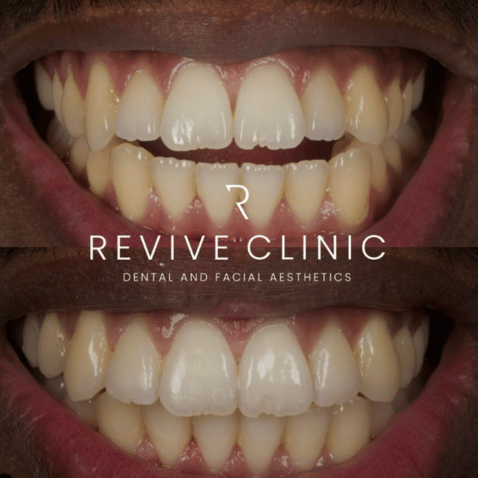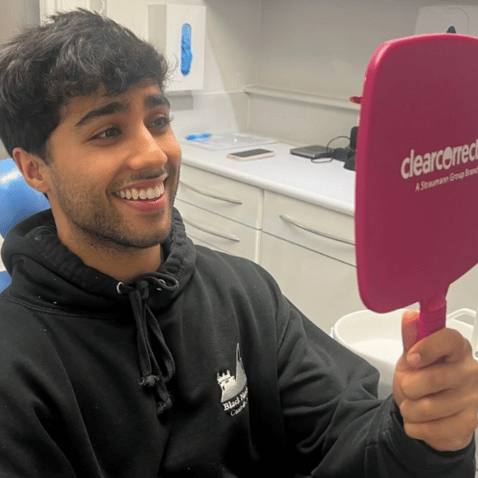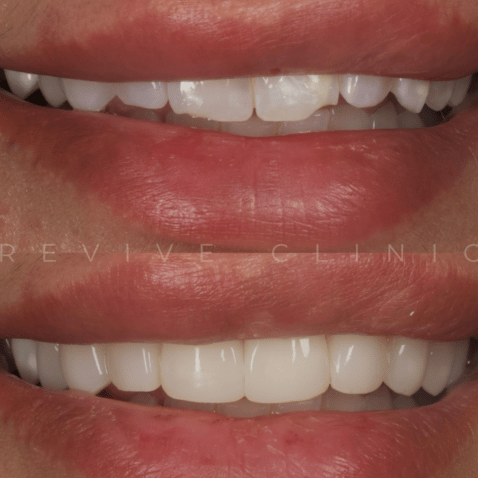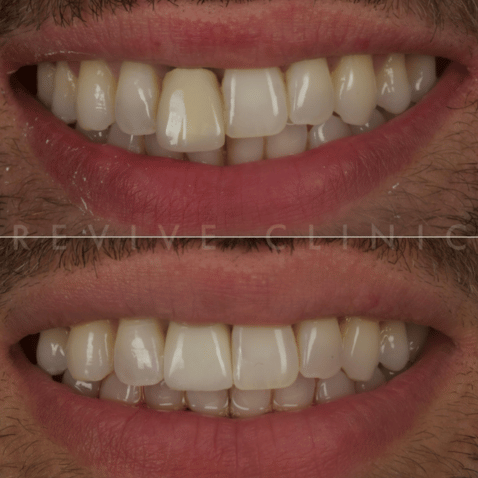What can an implant do for me?
Implants, whether single or multiple, can restore not only your smile but also your function. There are several ways to replace a missing tooth. However, implants are considered to be the gold standard. This is because they integrate into the bone and become a part of your body, as well as preserving the neighbouring teeth. They have the potential to last a lifetime if properly looked after!
A little more about dental implants
Dental implants are placed surgically into the jawbone, which initiates multiple reactions inside the body, causing the bone to grow around the implant and the gum to heal around the collar. Implants themselves can also help preserve the jawbone by stimulating the bone, which would otherwise be lost.
What should I expect from treatment?
An initial assessment will be conducted by your treating dentist or treatment coordinator, where we will run you through all options available to replace the missing tooth. Everyone’s body is different, and so it is important that we provide a treatment tailored to you.
We will then take an intraoral scan as well as a CBCT to plan your treatment with our dental lab. At Revive Clinic Dental and Facial Aesthetics, we want to give you an accurate look at what the result will be before you embark on this journey.
Post-surgery, healing times will depend on the area of the mouth and the age of the patient; however, most patients will be ready for the final restoration 3 months after the surgery.
I am missing all my teeth. What can you do for me?
At Revive Clinic Dental and Facial Aesthetics, we offer two treatment options using dental implants. After a full dental examination and implant assessment, our cosmetic dental team will explain which option is best for you.
- Option 1: Implant-retained bridge/All-on-4 – This involves the bridge being screwed into the 4 implants placed. With this treatment, you will also leave the surgery on the day with a fixed temporary bridge, so you’ll never be without teeth!
- Option 2: Implant-retained denture – This involves the denture being held in place by the implants, but it is to be removed twice a day (morning and evening) to be cleaned.
The treatment option decision is based on a multitude of reasons. However, the main issue is your medical history. Some patients are simply not the right candidate for a fixed option, and an implant-retained denture is more likely to last the test of time.
What makes dental implants so great?
- Long-lasting: Dental implants have a 90% survival rate after 15 years if they are properly looked after.
- Feel confident about smiling again: Tooth loss, whether it’s a tooth that makes up your front ‘social six’ teeth or a back tooth, has the potential to knock your confidence.
- Maintain good jawbone health: As dental implants are placed directly into the jawbone, you won’t be at risk of a process known as resorption, where the jawbone shrinks through lack of stimulation and support.






















